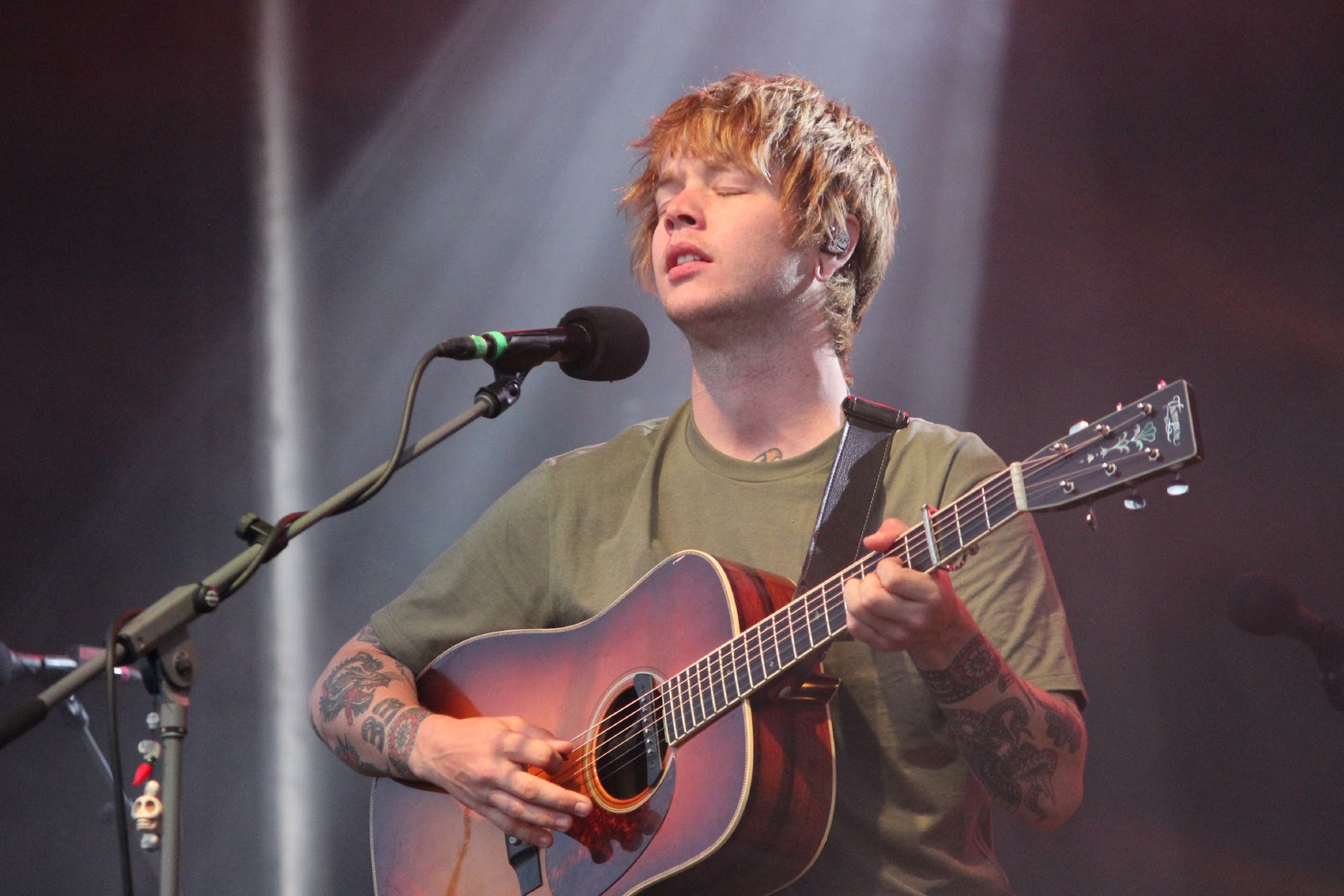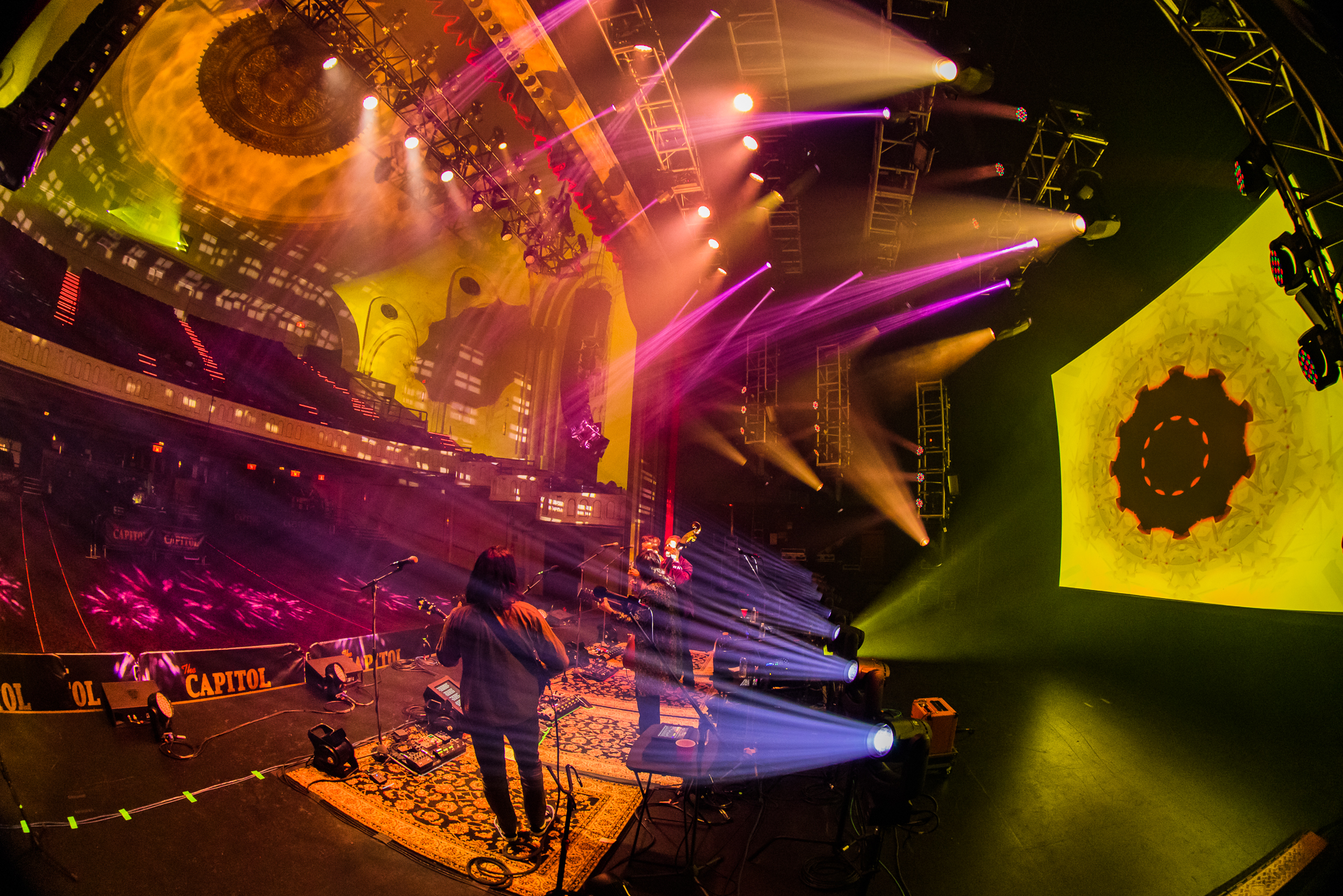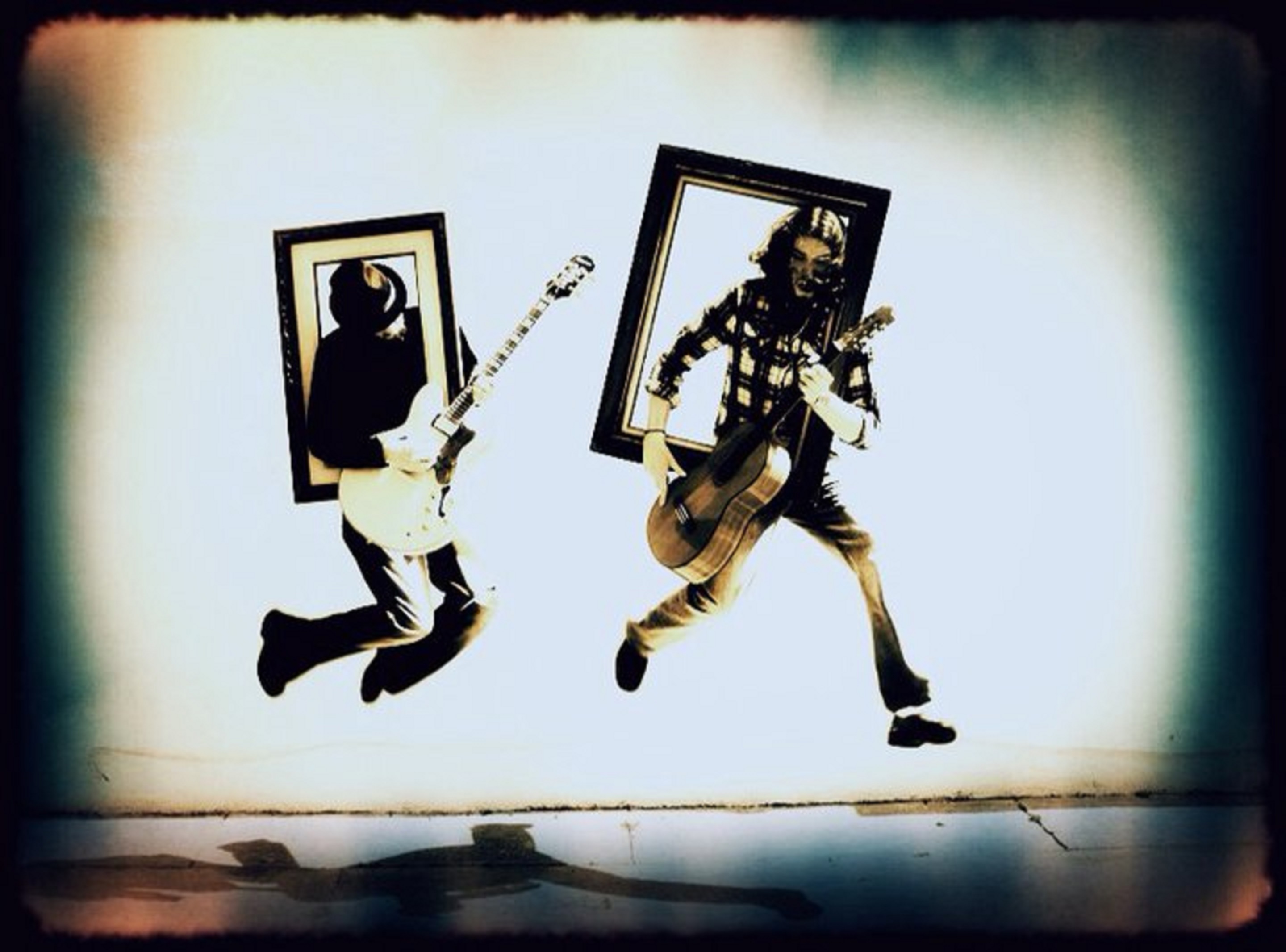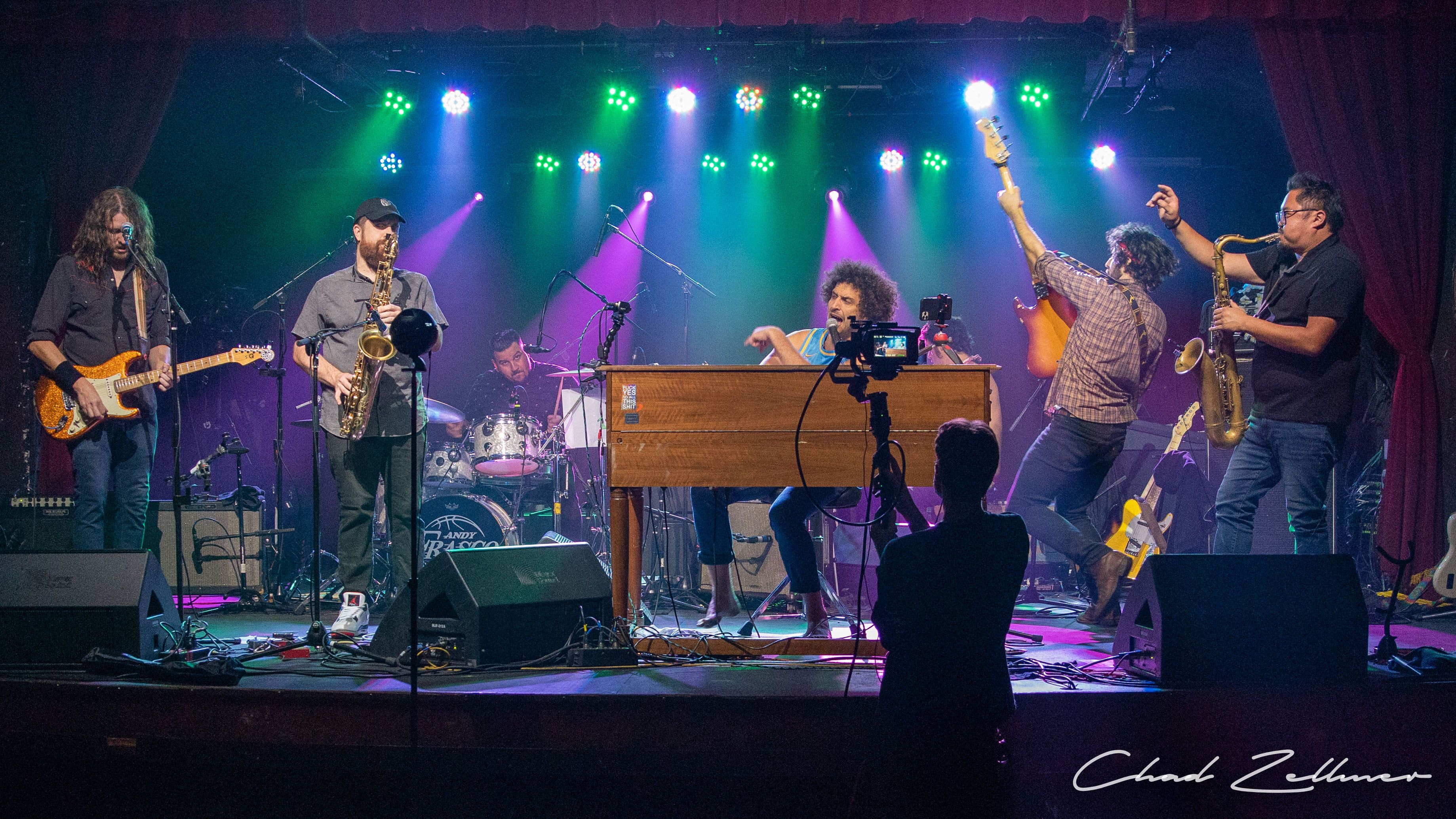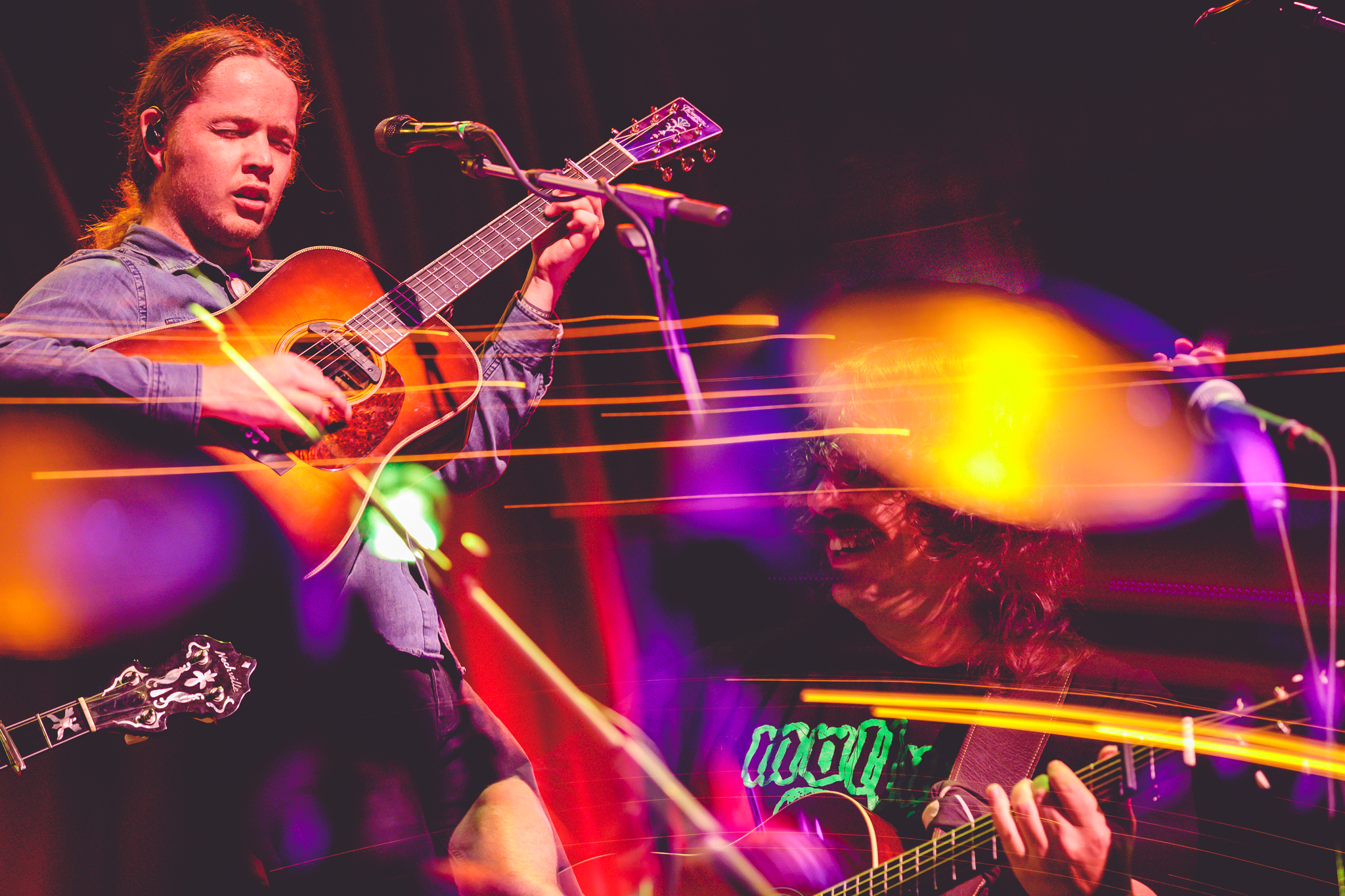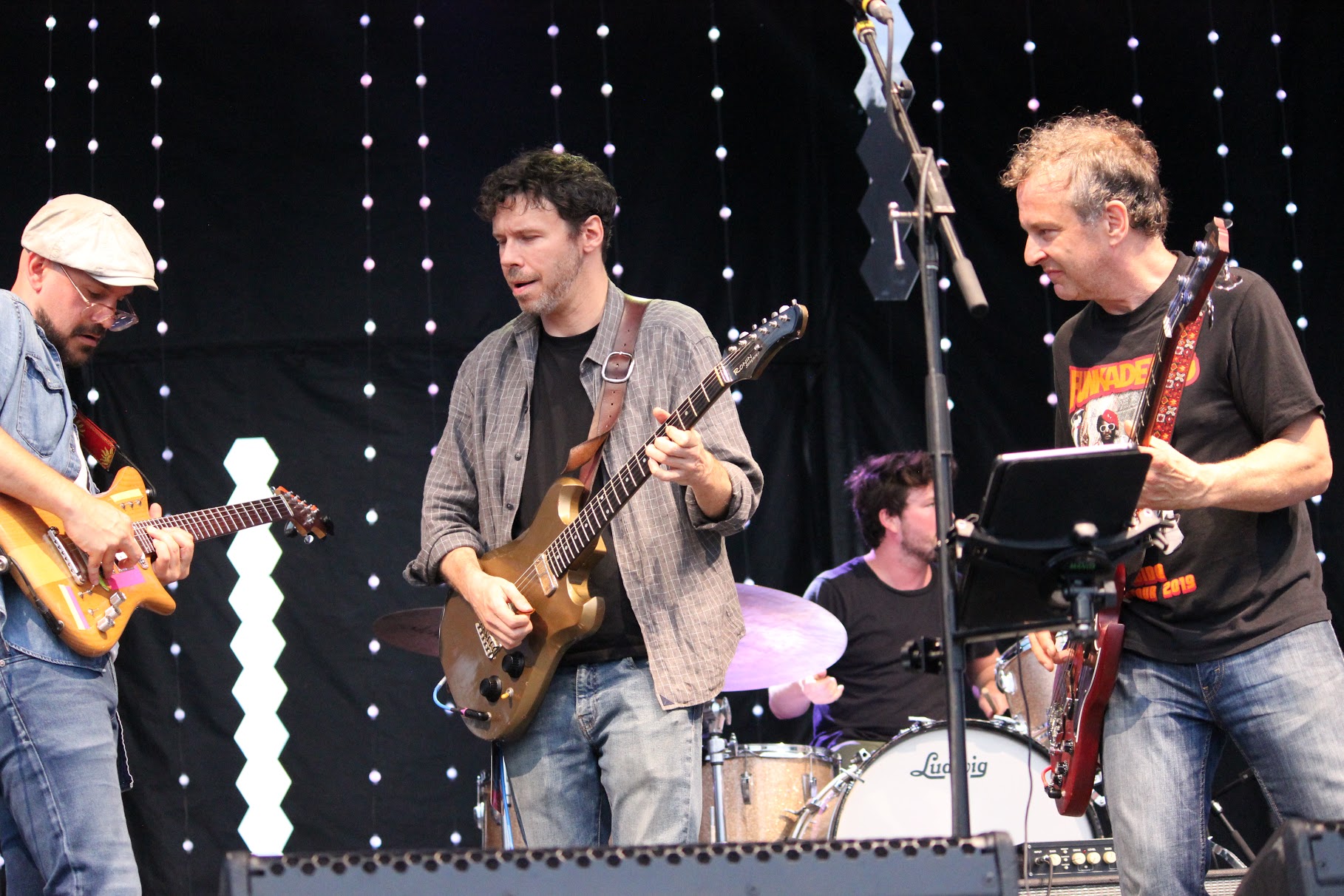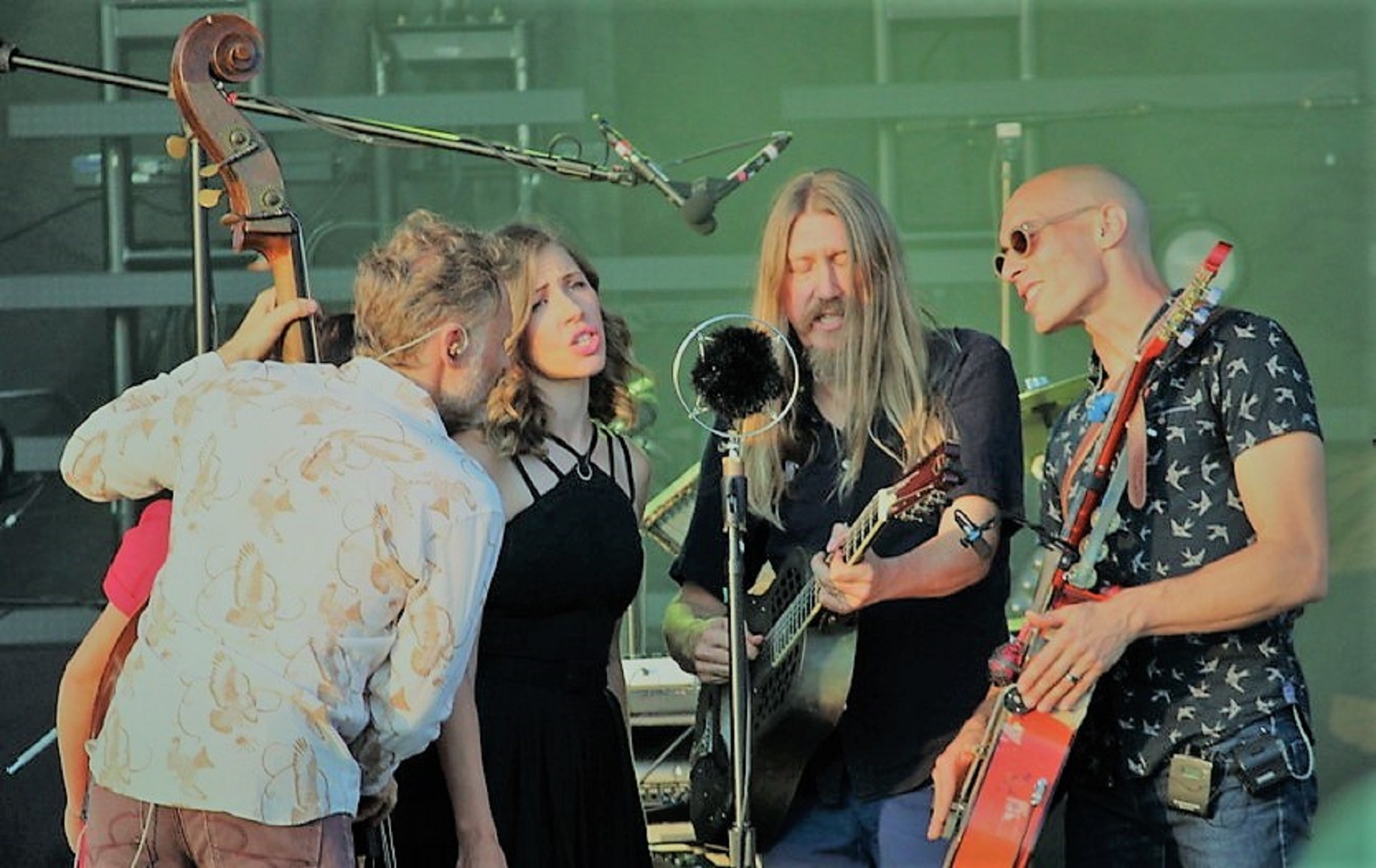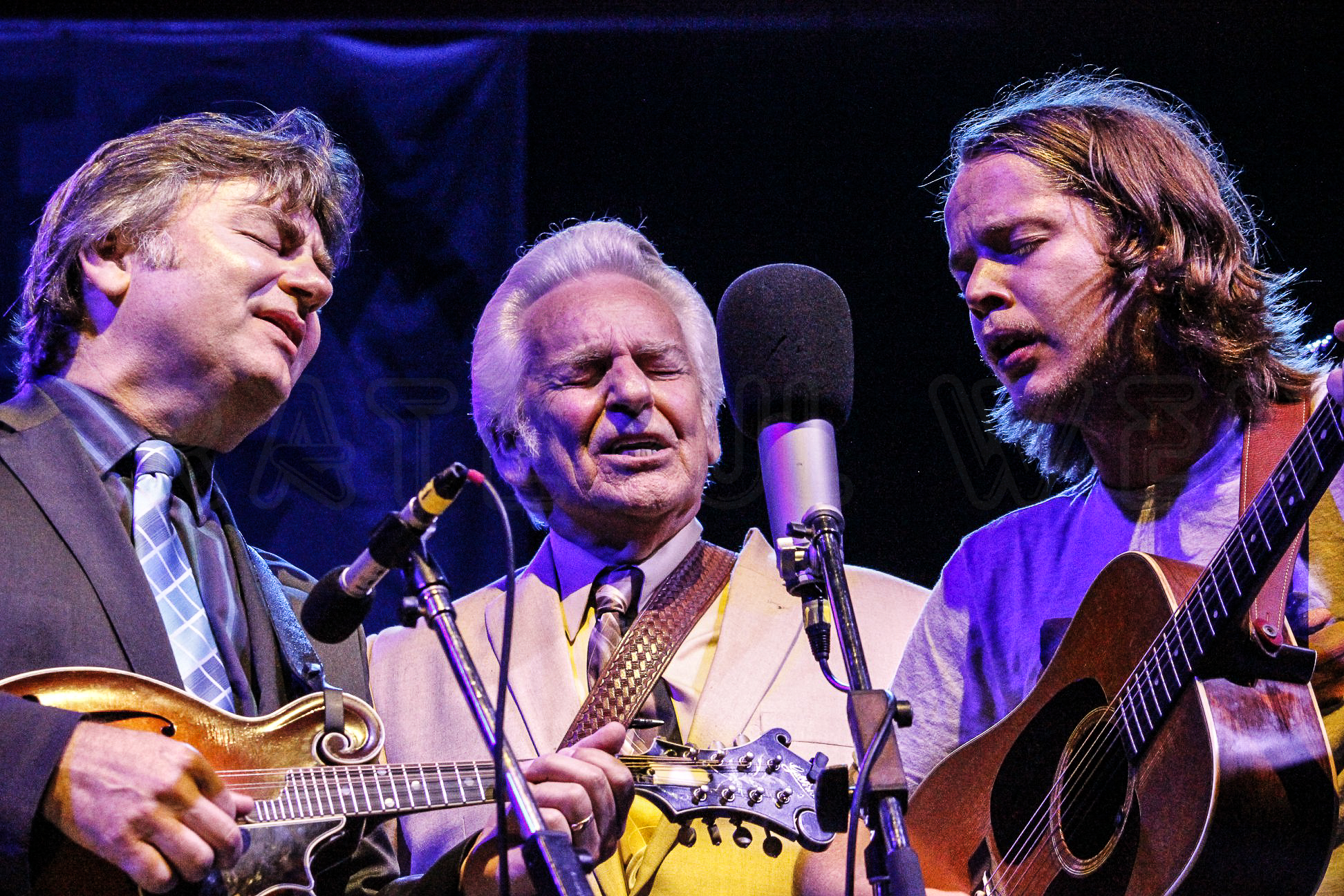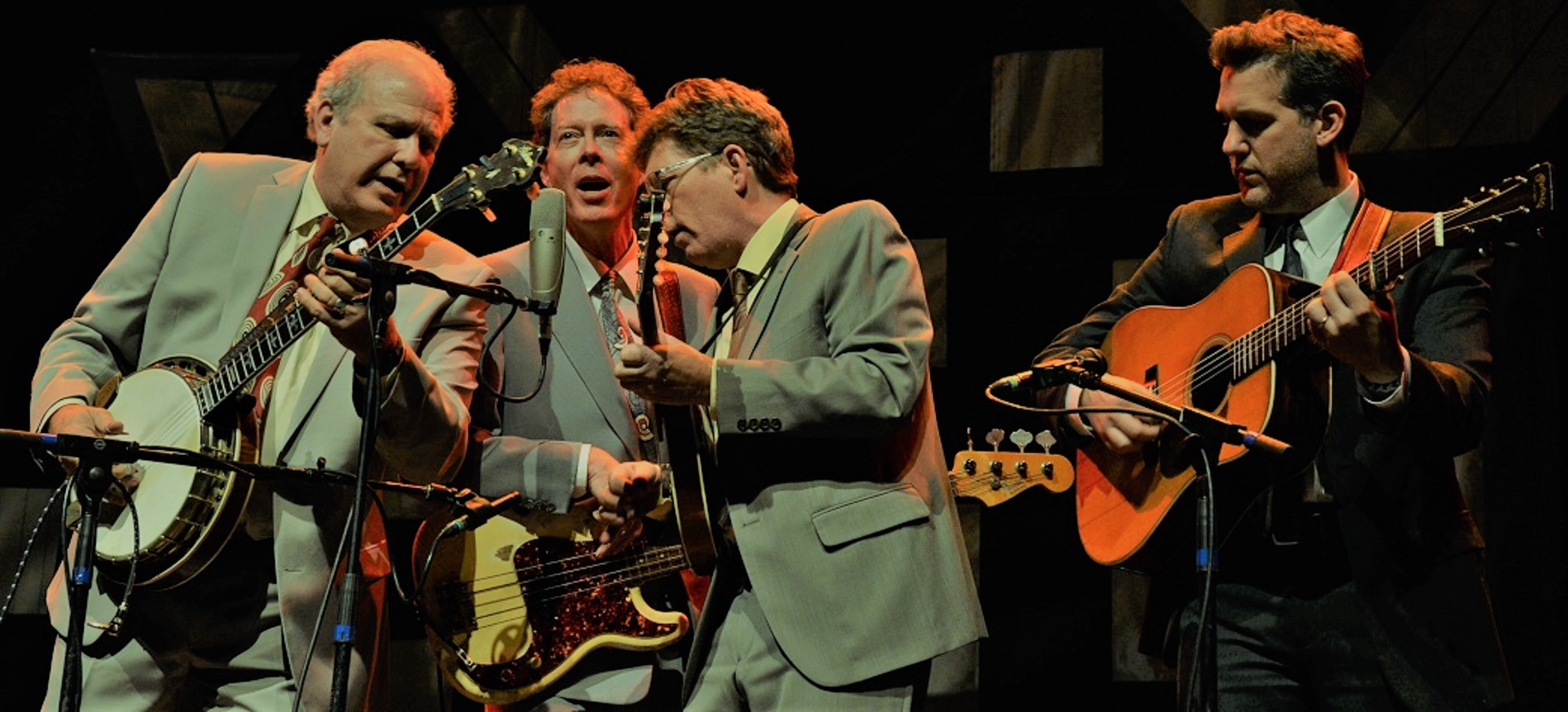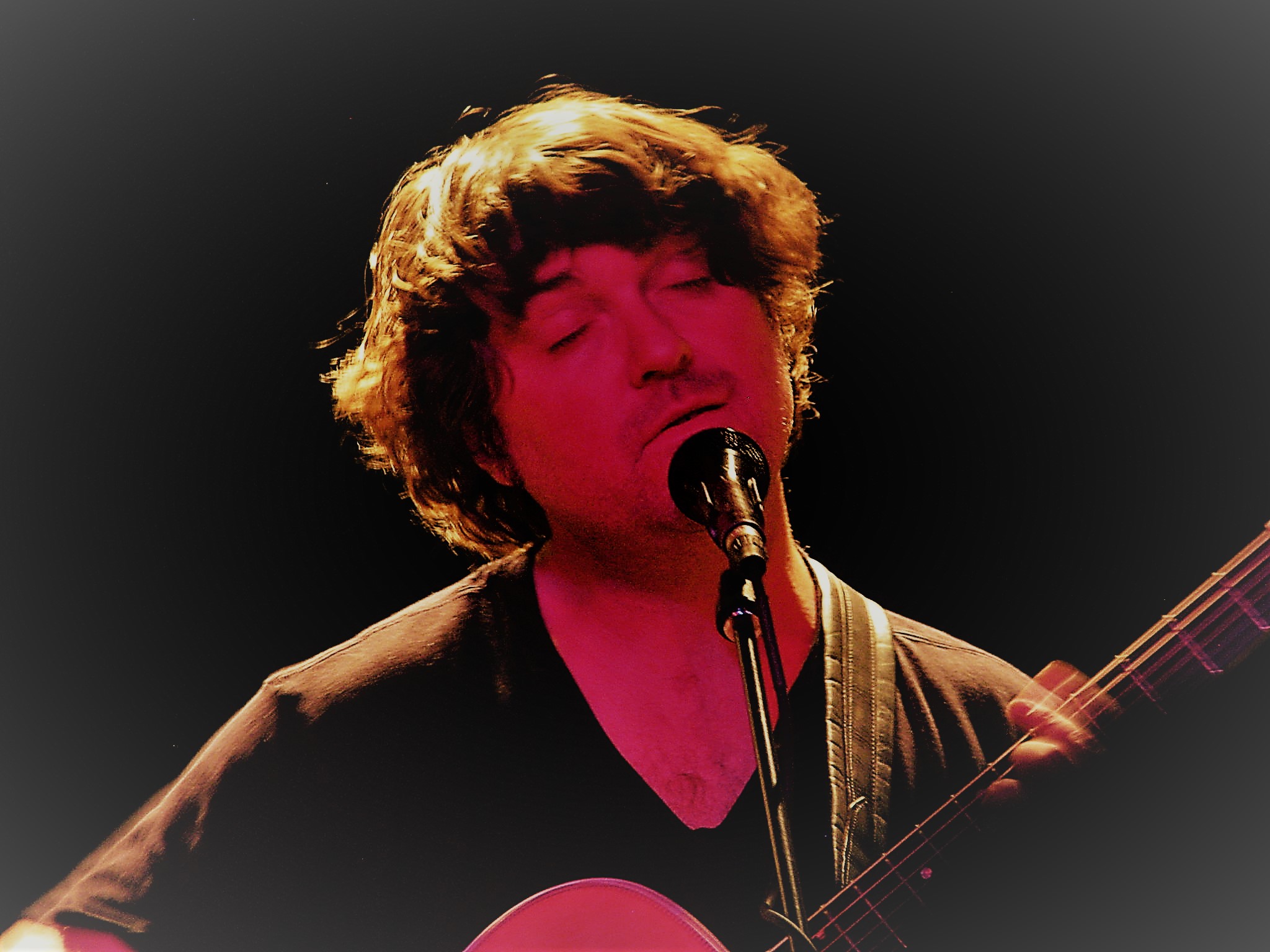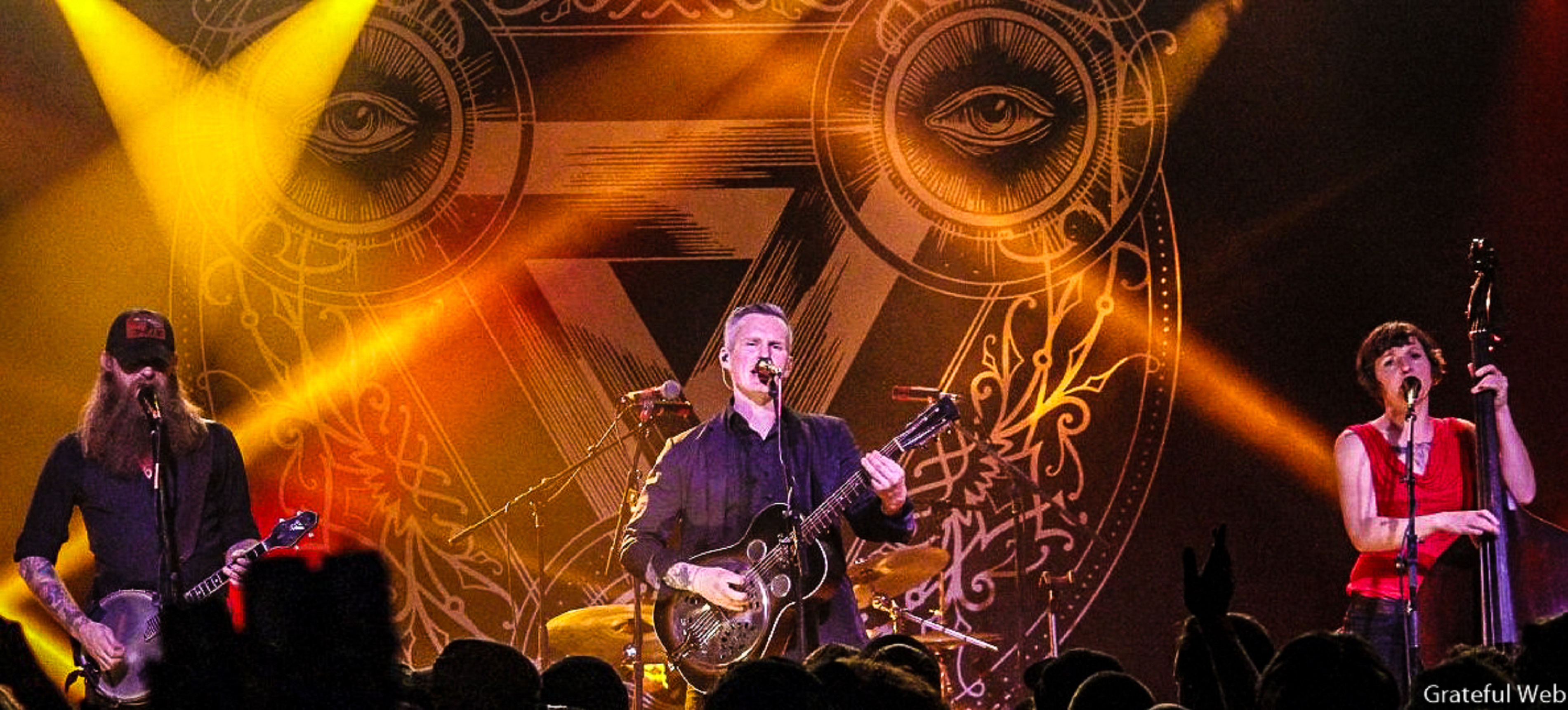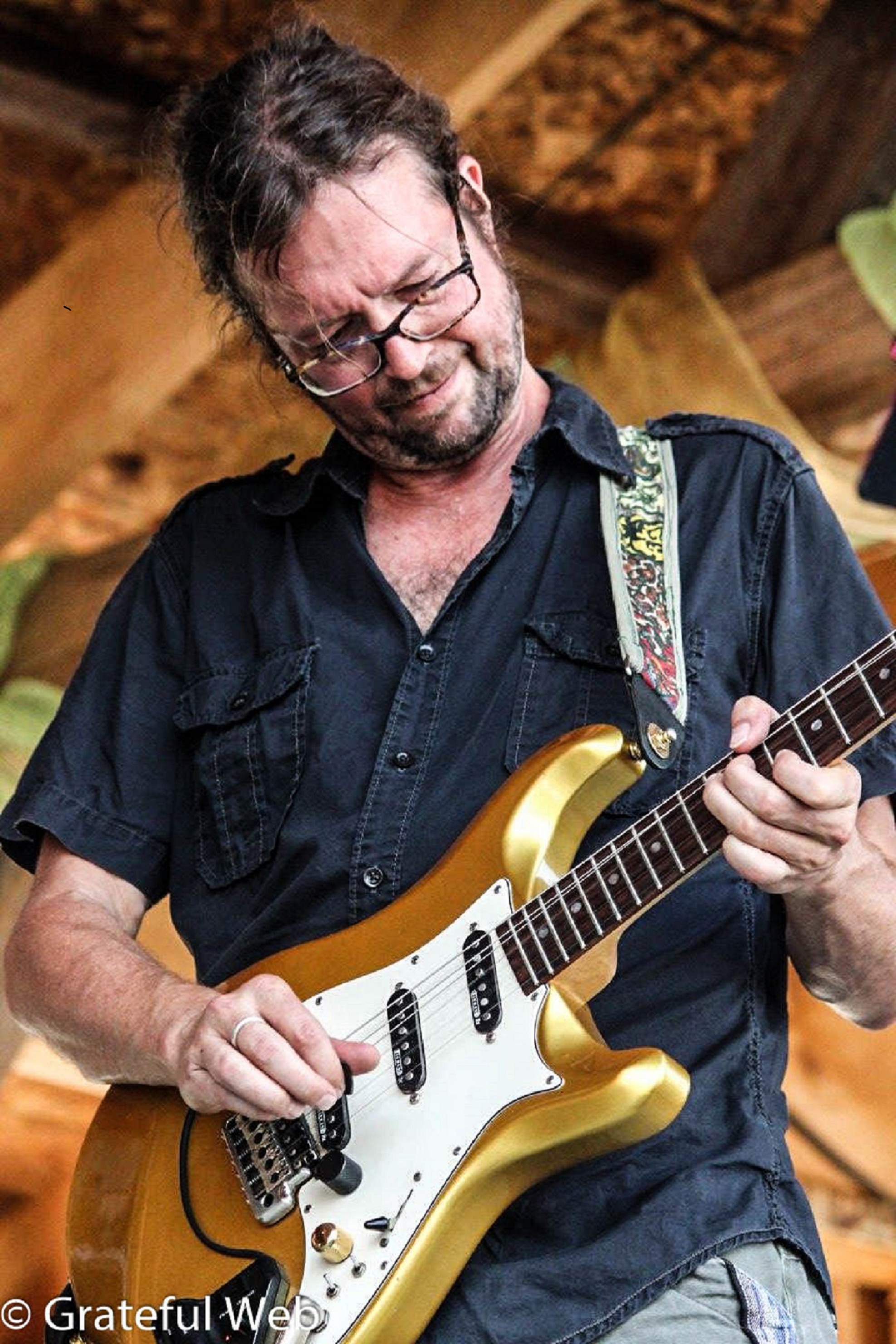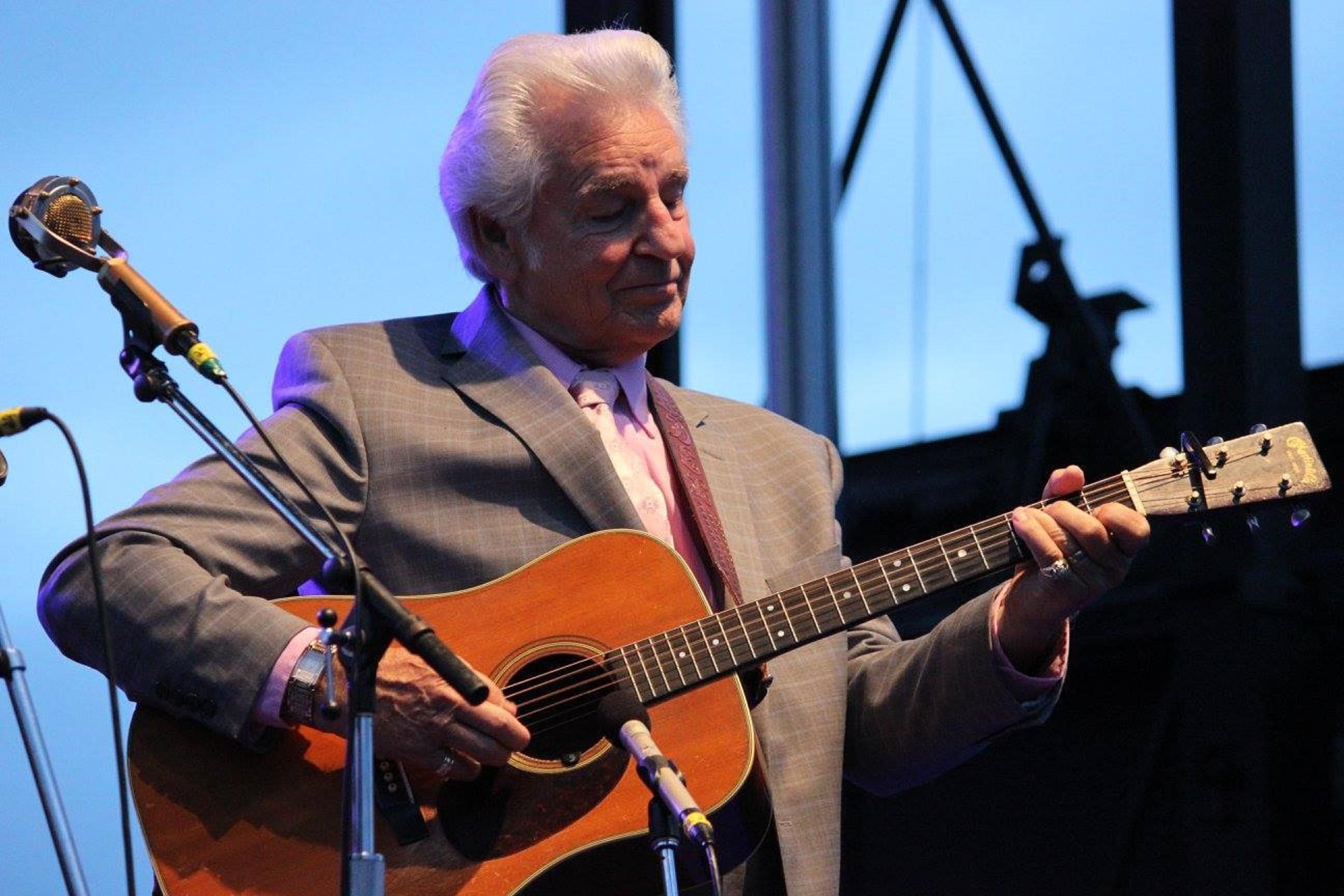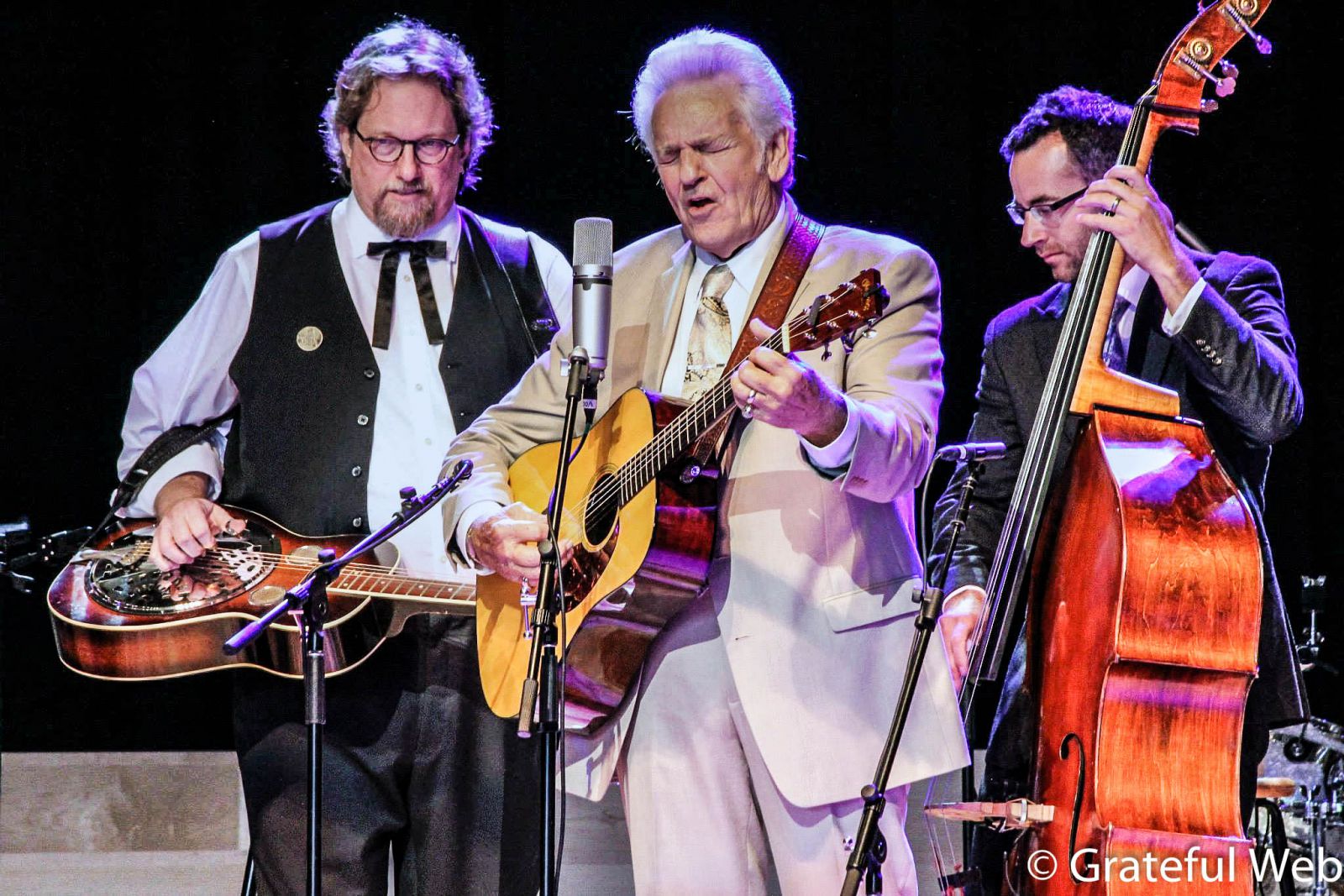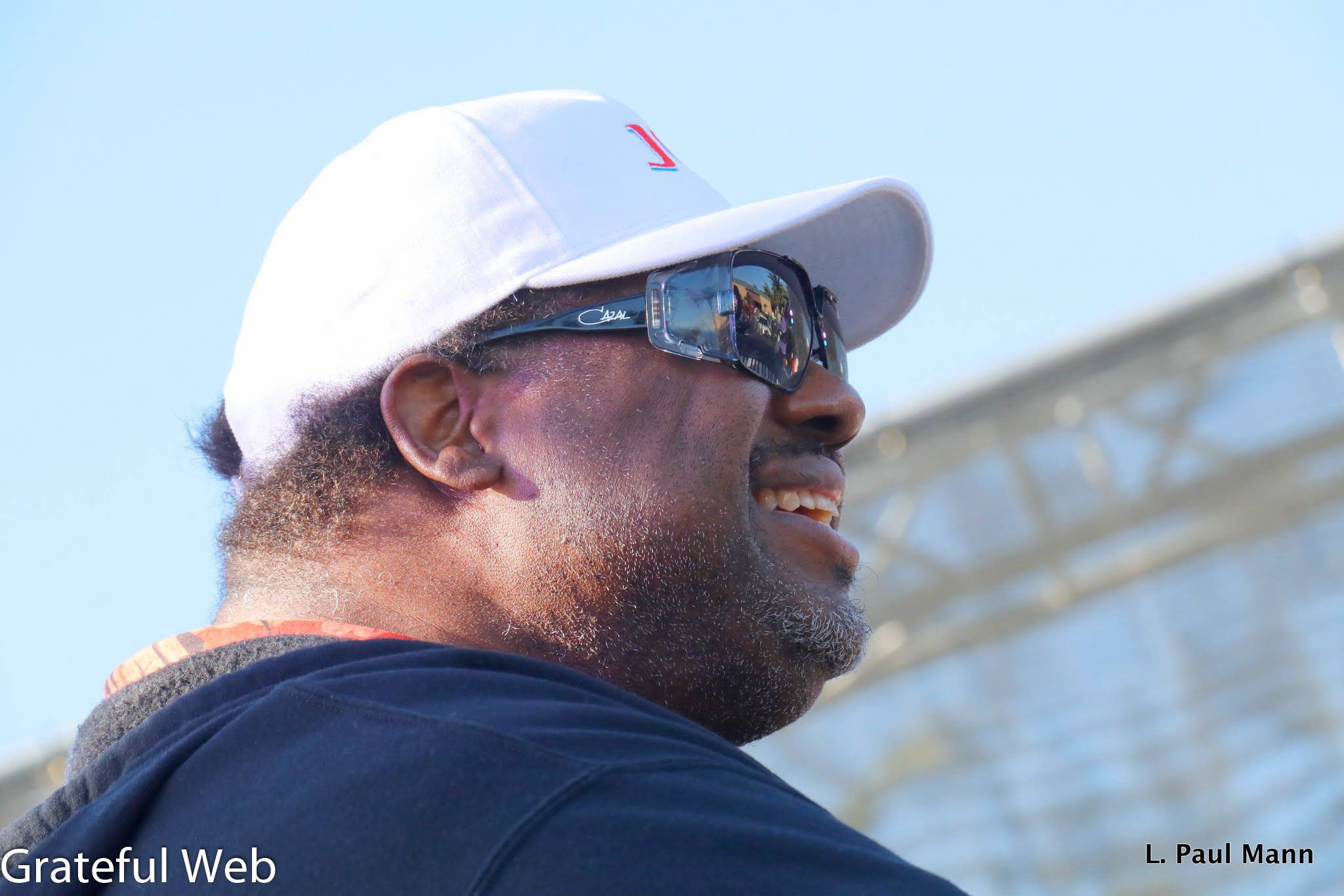Why do I have to go see live music? Not like to- have to. Why are recorded concerts more frequently played in my house than their studio counterparts? How can 3 hours of human life be changed into a heavenly experience just with the addition of an impassioned performance? Rhetorical perhaps, but valid questions. If you don’t agree with me, I am not sure why you are bothering to read any further. I write about music. Music that moves me, no, transports me. I write about going to see live music because it is one of a very few things that makes me feel like sharing. And on those rare occasions when I am fortunate enough to become truly lost in the music- to forget about where I am, who I am and exist in the music, it makes for a one of the greatest feelings I have ever experienced. I can still get chills from music, a reaction that has long since faded from nearly every sensory experience in my life. These occasions are fewer and farther between as the jam scene I once felt so connected with has become more and more fragmented and splintered. Still, there are rare occasions, such as a recent night in South Burlington with Railroad Earth, when I am reenergized. I am given new hope that music is the greatest force man has ever created.
The night began, as many do, with an opener. Opener- an interesting moniker. It can be looked at literally. On this night Old School Freight Train opened the show. They began the extravaganza. They opened the door to that part of the audience’s brains that recognizes bluegrass instrumentation and rock and roll bravado. But OSFT rose above this, or any other common hindrance that is often thrown onto the back of a band in the opening slot. For OSFT was only an opener in name.
Having rarely made a trip this far north, Old School Freight Train has garnered only a small, devoted following. For the rest of us, this was their coming out show. Unfortunately for me, they came out on time. I was cheated out of the first few songs of their short, yet well scripted opening set, since I was working on rock n’ roll time. Still, the first two originals I heard them play gave me a chance to take these four gentlemen in.
It was clear that, despite his quiet demeanor and bookish look, Jesse Harper on guitar and lead vocals was this train’s engineer. Between his chaotic rhythmic strumming and occasional finger picking, both of which tested the mathematical boundaries of 4/4 time, his eyes gave away his role in the band. Jesse was constantly scanning the other players. He was calculating. He was structuring each composition. The yin to Harper’s yang was fiddle player Nate Leath. A personality perfect for the limelight, when Leath played, he played for himself, although he seemed to also be playing for am unseen adoring public standing right in front of him. Yet, despite this initial impression of Leath as the self-centered player in the band, because all bands have one, his sounds intertwined so well with the directions being conveyed through Harper’s subtle looks and simple gestures that I quickly corrected my first thought. It struck me that Leath is aware of the persona he is putting out there- and that’s all it is; a persona. I felt as if he was wooing the crowd with his erotic looks and sultry dancing, but had I closed my eyes, his playing would have made me believe I was listening to an old-fashioned family bluegrass ensemble stoically gathered around a single microphone. The notes he played fit perfectly into the holes that Harper was leaving in his acoustic rhythm.
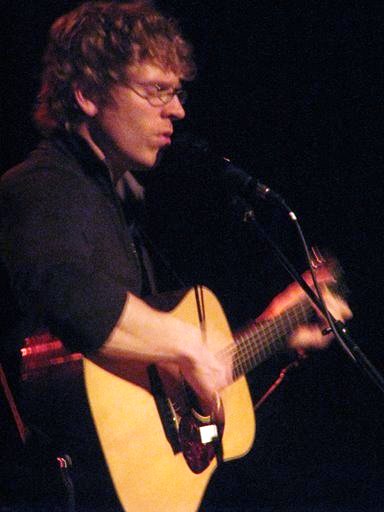 Going nearly unnoticed to my eyes was the rhythm section of Darrell Muller on bass and Nick Falk on drums. They weren’t as flashy as Leath and they did not need to decide the direction of each song’s path like Harper. And yet, their confidence as they converged in the low end gave a structure to each song, a structure like that of a 21st century building in San Francisco. You can pull it in directions nature did not intend, but that interior strength will not yield.
Going nearly unnoticed to my eyes was the rhythm section of Darrell Muller on bass and Nick Falk on drums. They weren’t as flashy as Leath and they did not need to decide the direction of each song’s path like Harper. And yet, their confidence as they converged in the low end gave a structure to each song, a structure like that of a 21st century building in San Francisco. You can pull it in directions nature did not intend, but that interior strength will not yield.
Combined, Old School Freight Train is a tight unit who are ready for a bigger stage. After hearing a few originals, I felt ashamed that I hadn’t heard of this band before whose cohesion rivals that of Dave Matthews Band and Rusted Root. They share many traits with their partners for the evening, Railroad Earth; including their instrumentation, although their mandolinist was oddly absent this night. Is there a change in the lineup? Inquiring minds want to know. Still, despite their similarities, the tracks that brought each of these freightliners to Vermont were laid by different pioneers. While RRE has a sound that often blends bluegrass with the styles of the guitar gods from the 70’s and 80’s, OSFT mixes their bluegrass with the vocal styles and complex rhythms of the 80’s and 90’s. Even their set closing version of the Blondie classic “Heart of Glass” sounded like one part Bon Jovi and one part Peter Gabriel, then all of a sudden they put their own high brow Appalachian twist to it, ending with the entire crowd stomping along to the classic hook from the original. The boys quickly thanked us and left the stage before the lights came up and I was reminded that this was only the opener. Ha. Only the opener, indeed.
I don’t often stand at the front of the floor anymore. I am not sure if I am too proud or what, but I find myself in the back, arms crossed, every so often writing down notes- basically overseeing the whole crowd. Despite the fact that they don’t know it, I am sure that, given the chance, each and every audience member would thank me for being the conscience of the room, walking out of the room and shaking my hand. But, I must say to all of you who, like me, are too cool to stand in the front and gape at the band, to cool to really let yourself go, to cool to be so close to the speaker and so close to the monitors that you are getting distorted sound and ringing in your ears at the same time and enjoying it- to you I say, get over yourself. Firmly grasp the pole up your ass and pull it out. Drop the pole, take 30 steps forward and grab the front of the stage. Stay there. Not just for a song, but for the whole show. Remember how much fun you used to have at concerts and do it again. When Railroad Earth came to the stage and the lights went down, I was energized because I was at the feet of Tim Carbone. It was like a Red Bull. Energy with none of the work. I was ahead of the curve.
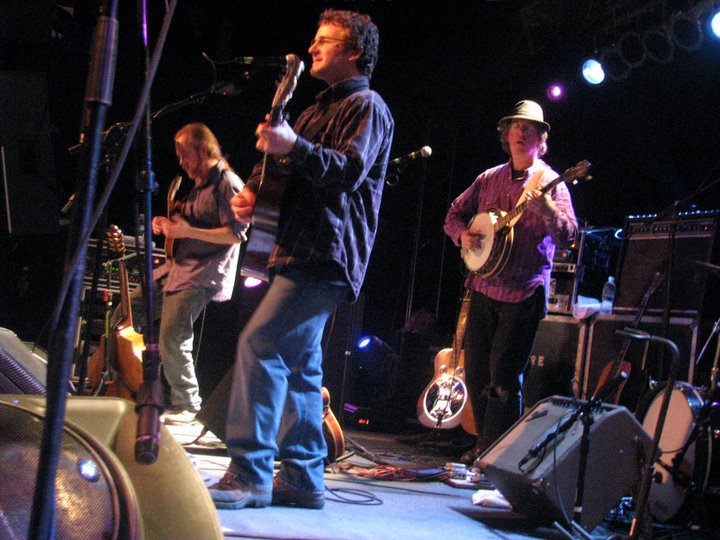 The boys of RRE were feeling it to. A joyous energy seemed to be moving through them as they laughed and joked like college roommates who have really gotten to no each other well. As each made his way from the group to his portion of the stage, I spied at least 3 carrying half full glasses of red wine, adding to the festive and intoxicated energy swarming from the band to the audience. And the first chord hadn’t even been struck.
The boys of RRE were feeling it to. A joyous energy seemed to be moving through them as they laughed and joked like college roommates who have really gotten to no each other well. As each made his way from the group to his portion of the stage, I spied at least 3 carrying half full glasses of red wine, adding to the festive and intoxicated energy swarming from the band to the audience. And the first chord hadn’t even been struck.
Railroad Earth began the night as if they were brash young musicians with something to prove to this alien audience, challenging us to stop thinking about the impending return of our hometown heroes (this weekend!) while giving us something else to try. They ran through their first song of the night like a boxer might run through his unprepared opponent. My head was abuzz and I could not identify exactly what had happened. Before we knew what had hit us, we were holding on to the second train of the night, and it was moving at breakneck speeds. Choo choo… and then some.
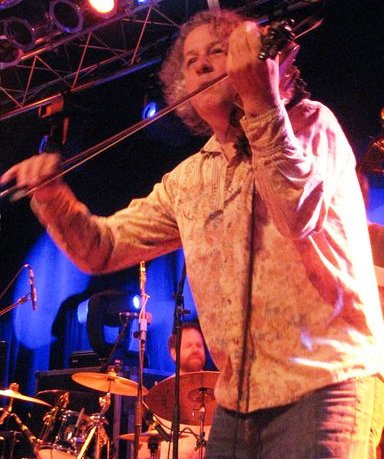 When they slowed down to the complex melody of ‘Mighty River’, I remembered that I have not seen this band play a two set show in years. The past few times I have seen them, it has been at a festival. The set you see a band play at a festival is much more precisely planned out. A band has certain songs that fit into certain slots in a festival set. But here, I was seeing RRE play a show- an entire show; two sets in which they could explore the depths of different songs. They interpreted songs with an askew perspective, opened up jams where no jams have been opened before. Every song has its shorter, album ready version and its jammed out, extended version. Nearly all of the versions played after the first couple of the night were of the latter style. The quick segue out of ‘Mighty River’ and into the more driving ‘Bread and Water’ told me that they only needed a few songs under their belt before they could truly begin their musical exploration.
When they slowed down to the complex melody of ‘Mighty River’, I remembered that I have not seen this band play a two set show in years. The past few times I have seen them, it has been at a festival. The set you see a band play at a festival is much more precisely planned out. A band has certain songs that fit into certain slots in a festival set. But here, I was seeing RRE play a show- an entire show; two sets in which they could explore the depths of different songs. They interpreted songs with an askew perspective, opened up jams where no jams have been opened before. Every song has its shorter, album ready version and its jammed out, extended version. Nearly all of the versions played after the first couple of the night were of the latter style. The quick segue out of ‘Mighty River’ and into the more driving ‘Bread and Water’ told me that they only needed a few songs under their belt before they could truly begin their musical exploration.
In the third song of set, the ropes that had been lashing the band to the ground sprung off and each player began to orbit the others, creating a system in which they never came in direct contact, and yet they never strayed too far from each other. The lyrics of that song took me back to a younger version of myself:
Me? I’ll be out flyin’. Tryin’ to turn on my own head.
 So many people were turned onto psychedelic rock and its many offshoots trying to find that moment when they could be turned on, be enlightened. Although this song had a different life in Todd Scheaffer’s first band From Good Homes, ‘Head’ still epitomizes what so many people are looking for. And the chorus, consisting of a number of screams at different pitches, is a release. Perhaps we all realize that, in that moment, we have found that illumination and want to scream out to the heavens in thanks.
So many people were turned onto psychedelic rock and its many offshoots trying to find that moment when they could be turned on, be enlightened. Although this song had a different life in Todd Scheaffer’s first band From Good Homes, ‘Head’ still epitomizes what so many people are looking for. And the chorus, consisting of a number of screams at different pitches, is a release. Perhaps we all realize that, in that moment, we have found that illumination and want to scream out to the heavens in thanks.
The rest of the first set was a clinic on the melding of many distinctively American styles of music. There was an underlying bluegrass format, but it was complicated with rock and jazz harmonics and chords. ‘I’ve Still Got a Long Way to Go’ was a prophetic rock ballad, ensuring that, not only was this just the start of an epic evening of music, but also foreseeing the band’s path beyond this singular show. But the highlight of the night came halfway through the second set. ‘Seven Story Mountain’ began with a long, spacy introduction that morphed into a slow Irish jig. I’ll bet my next paycheck that sentence has never appeared in print.
John Skehan on mandolin was not my favorite ingredient in the original Railroad Earth lineup. Save the bassist who was replaced by the younger, more energetic Johnny Grub within a short time of their first tour, Skehan seemed like an improvisational black hole at times. The talent was there, but so many other things convoluted his playing every time he stepped up. I am not trying to be critical of the player that Skehan was. Instead, I want to emphasize the strides he has made to become the amazing player he is today. I first noticed it at a late night jam at Delfest hosted by RRE earlier this year. Skehan was onstage with Drew Emmitt and Ronnie McCoury, two of the most intensive mandolin players I have ever seen pick at that small instrument with the same crazed look, precise finger motions and years of practice my wife shows when she picks at her hangnails. Skehan did not sink into the black hole I had seen surrounding him at shows in the past. He stepped up. He led. Note for note, he matched these giants, until I realized that John Skehan has become a giant as well.
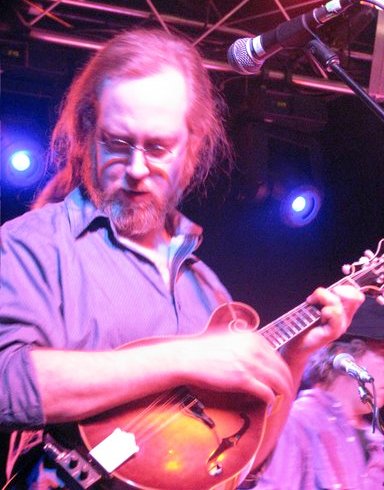 It was more of the same in South Burlington. Skehan has become a virtuoso. He is charismatic, playing with his entire body and contorting his face to show how far from normal he is straying with his many strings.
It was more of the same in South Burlington. Skehan has become a virtuoso. He is charismatic, playing with his entire body and contorting his face to show how far from normal he is straying with his many strings.
The final set of the night continued with was more of the same. Each song opened up into solos that allowed the players to throw precise darts at one and other across the stage. “I’ll take a solo- bulls eye! Now you take one.” They were finite in there playing and their transitions, a nod to their bluegrass forefather. But they were breaking away from the tree that gave them life and charting their own musical path through the infinite cosmos. Each song was swathed in positive messages of hope, humor, exploration and equality. The music itself had more subtle messages of love, as the dark chords and slow pace of ‘Without You’ continued to let the light in and brighten the tonality each time Sheaffer sang the two word chorus. Simply put, the love of another rose above the darkness, and this song embodied this message in words and pitch.
The night’s encore, a version of The Band’s ‘Acadian Driftwood’ that didn’t have the same punch in the chorus as the original, yet still was a great musical experience to leave with, was emblematic of the night as a whole. It embodied not only the musical vibe that RRE had created, with the help of OSFT, but it also encompassed the aura of the crowd that I had seen between sets, heard with triumphant yawps and felt through the energetic dancing that went on and on and on. The nights was a new school hippie freak out, a crowd of people who could have easily sung along with Neil Young’s ‘Old Man’ as well Snoop Dogg’s ‘Gin and Juice’. It was a melting pot of like-minded searchers. We had found what we were looking for, escaping reality, even if only for a short while.






